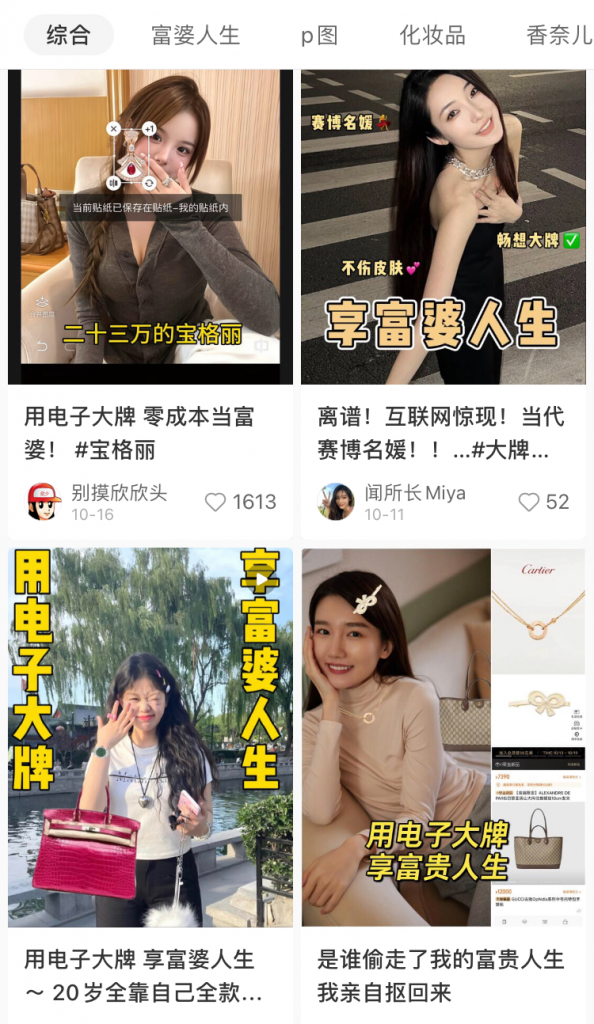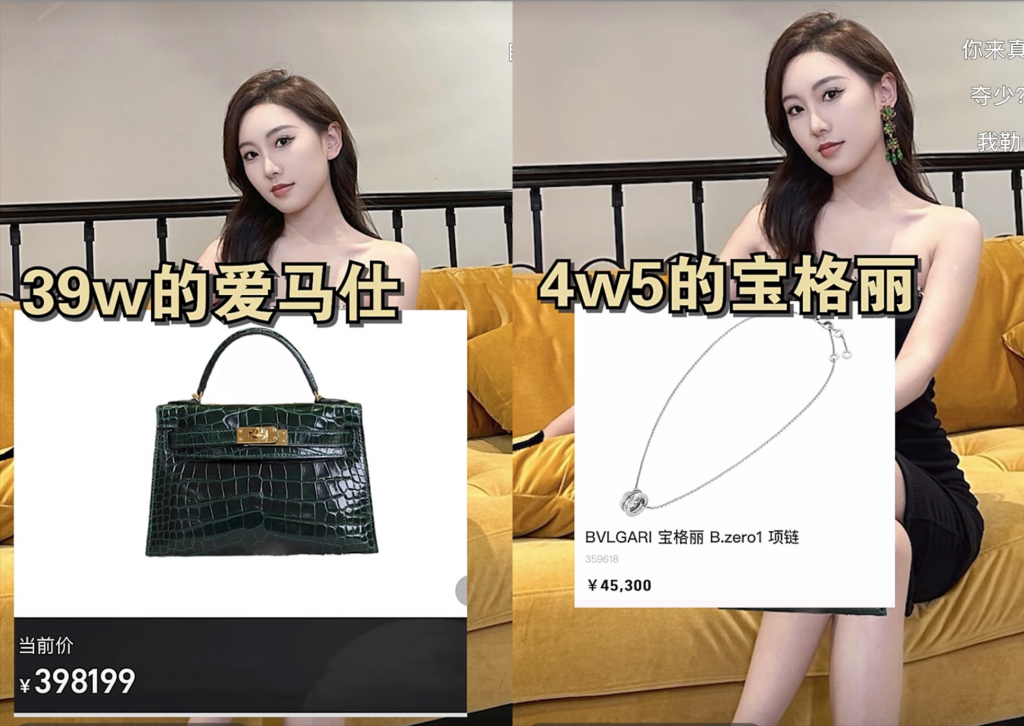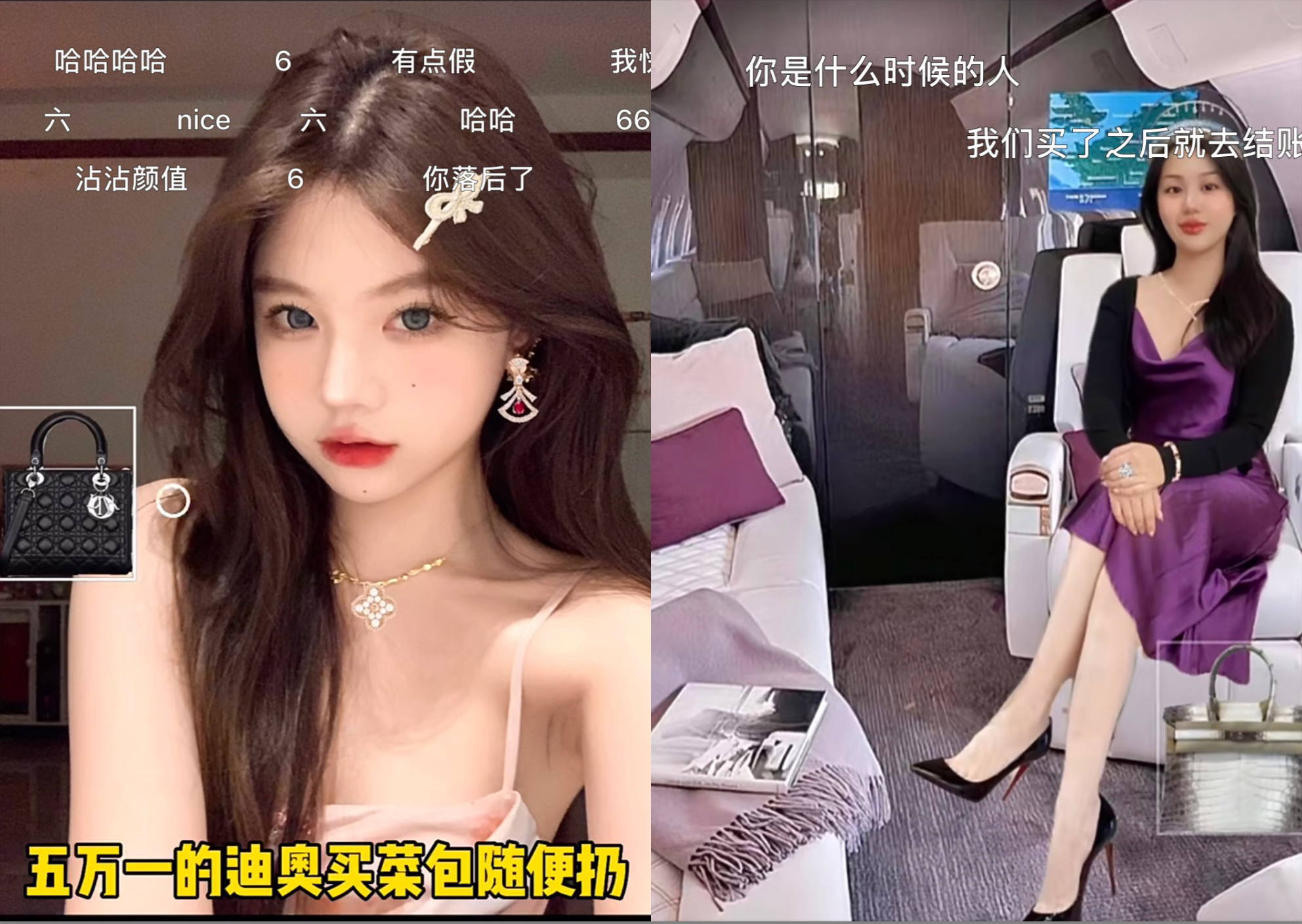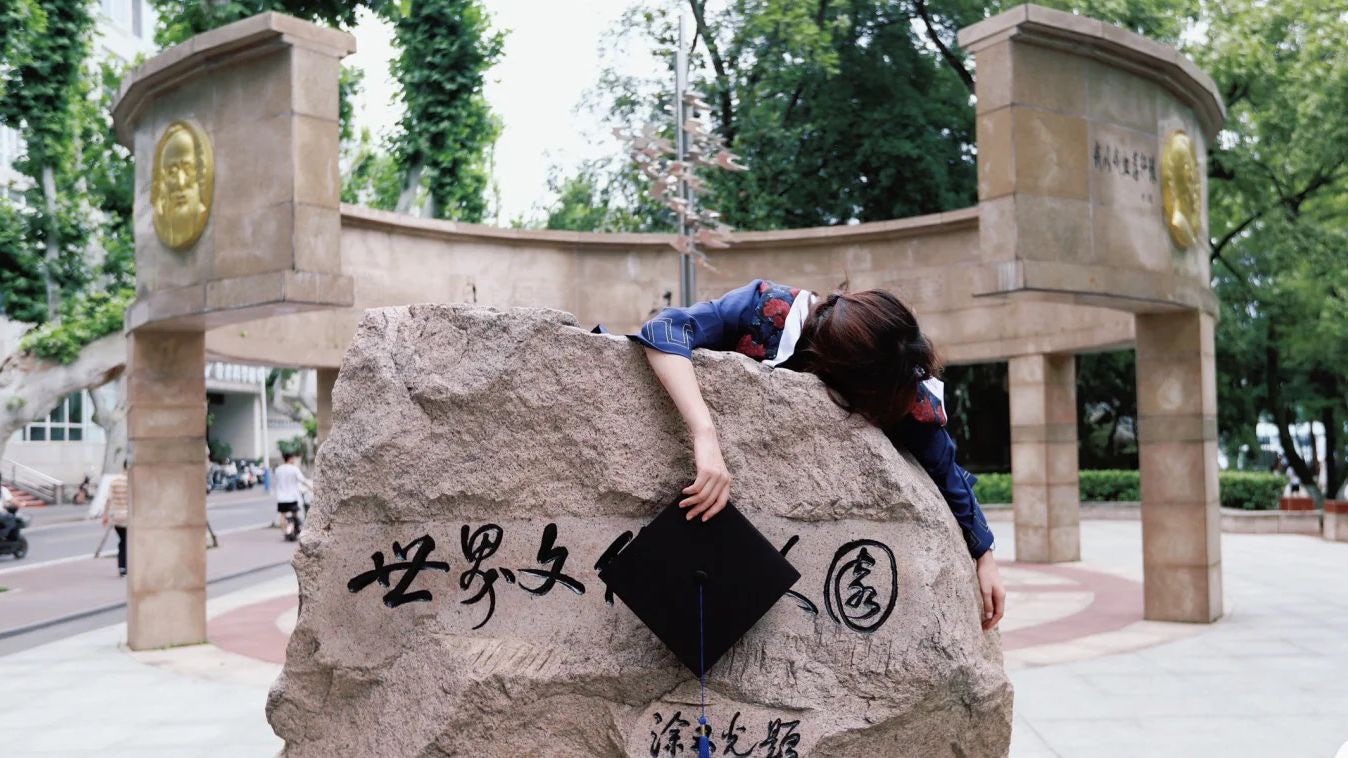What happened
China’s latest fashion wave doesn’t require shoppers to empty their pockets. In fact, all they need is an image editing app, and some savvy Photoshopping skills.
The trend in question is “virtual bling” (known in local dialect as dianzi dapai), a new online phenomenon that’s encouraging netizens to edit luxury items, such as expensive Dior handbags and fine jewelry from Cartier, into their photos over buying the real thing.
According to the New Retail Business Review, the concept has taken mainland’s online realm by storm, particularly among young people who earn around 685.84 (5,000 RMB) per month.
So far, related hashtags, including “young people fall in love with ‘digital high-end brands’” and “would you Photoshop luxury brands on photos?” are snowballing, having already generated over 447,000 views and 516,000 views on Weibo.

The Jing Take
Novel, funny, and pointedly ironic, China’s latest digital trend may have got online natives talking, but the movement speaks volumes about the state of China’s approach to luxury consumption today.
The term's origins are said to derive from a proliferation of anti-consumerist sentiment across China’s social hubs – such as Weibo and Xiaohongshu – in response to shoppers being mocked for wearing counterfeit bags in public.
Rejecting societal pressures, a subset of internet users are superimposing anything from Dior bags to private jets onto their images. The activity has already found its own slogan among China’s cybernauts – “use big electronic brands to enjoy a rich life.”
The term “electric brands” refers to the act of taking product images directly from a luxury label’s official site; a tactic that ultimately deems the item ‘not fake.’ As one participant explains, "how could they be fakes? They were all taken directly from the official website.”
China’s younger generation is no stranger to fighting back against economic woes. Joining the likes of “lying flat” and “exquisite poverty,” “virtual bling” is another example of habitants searching for new forms of emotional catharsis and saving money amid countrywide financial downturns.

Moreover, as the mainland – and notably the rest of the world – shifts towards a more digital-dominant landscape, the trend also reaffirms how demographics like Gen Z are placing greater value on their online personas over their IRL selves.
But legal implications are already mounting. Legal experts have reportedly warned of potential infringement issues due to many high-end brands such as Hermès having patents on their designs. It’s a concern that has heightened in line with luxury’s clampdown on counterfeits, notably within the metaverse.
Nevertheless, for brands looking to capture the mood across China, and the attention of its hyper online, digital-savvy consumers, trends like these are a significant indicator to keep track of.
Fendi’s recognition of the mainland’s widespread consumption downgrade is an example. Recognizing an opportunity to join in the cultural conversation, the maison teamed up with local brand Heytea to deliver an accessible luxury bag to Fendi fans for only 20 RMB (approx 2.83). For many, the collaboration was their first experience of owning a luxury asset.
The Jing Take reports on a piece of the leading news and presents our editorial team’s analysis of the key implications for the luxury industry. In the recurring column, we analyze everything from product drops and mergers to heated debate sprouting on Chinese social media.


